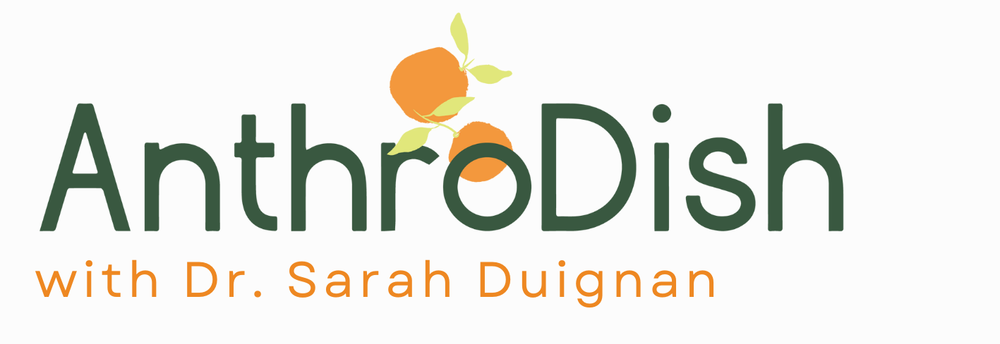Before we jump into today’s show, I wanted to give listeners a heads up that today is the last AnthroDish episode for 2023, but we will be returning with more episodes this season on Tuesday, January 9th so be sure to tune back in this new year!
Today we’re exploring a topic that I personally find sometimes quite challenging to access and fully understand the nuances of: international food policy. Discussions about international food regimes are critical for understanding how broad choices trickle down to local economies, though often we default to looking at global issues in isolation, rather than thinking about how trade, intellectual property rights, human rights, and many other aspects inform food policy. What happens when we address them in tandem to address global problems around food – and which world trade rules are shaped by certain organizations for food security efforts?
My guest this week is Dr. Matias Margulis, who is an Associate Professor in the School of Public Policy and Global Affairs and Faculty of Land and Food Systems at the University of British Columbia. His research and teaching interests are in global governance, development, human rights, international law and food policy. In addition to his academic research, Matias has extensive professional experience in the field of international policymaking and is a former Canadian representative to the World Trade Organization (WTO), Organization for Economic Cooperation and Development (OECD) and UN Food and Agriculture Organization (FAO). He has also advised the UN Special Rapporteur on the Right to Food and the Scottish Parliament and consulted for international NGOs and the Brookings Institution.
Matias discusses his most recent book with me today, Shadow Negotiators: How UN Organizations Shape the Rules of World Trade for Food Security, where he unpacks how UN organizations chose to intervene in trade law making due to concerns about how specific trade rules could have negative consequences for world food securities. He unpacks the complexity of international organizations, their roles, and the limitations or exercises of power in their representations of international communities.
Learn more about Dr. Matias:
Shadow Negotiators Book: https://www.sup.org/books/title/?id=35559
Matias's Homepage: https://sppga.ubc.ca/profile/matias-margulis/


